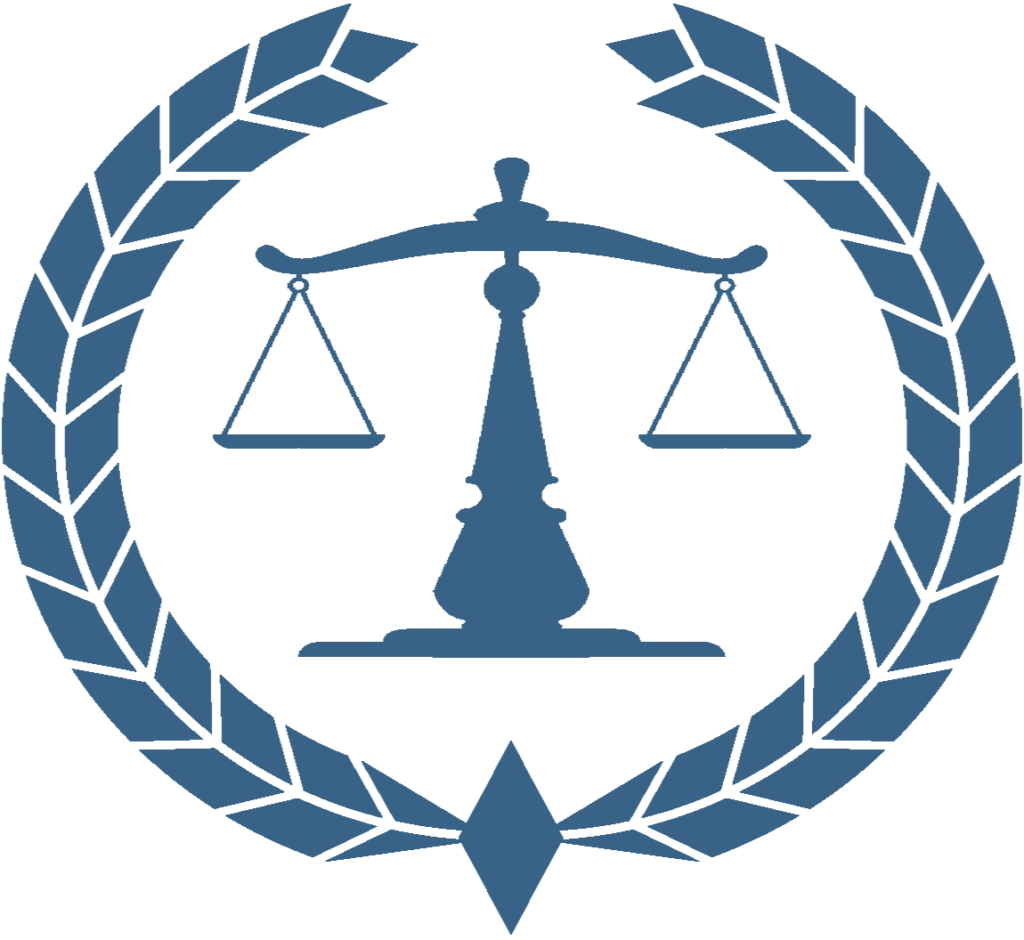What Is a Fiduciary Employee?
An Employee Entrusted With Money, Key Secrets, Cheque Signing Ability, Special Authority, Among Other Things, May Be Deemed As Holding Fiduciary Duties That Require the Employee to Act With Good Faith, Forthcoming Honesty, and Loyalty That Focuses Upon the Best Interests of the Employer.
Understanding What Constitutes As Breach of Fiduciary Duty
The role as well as the duties of some employees involves an extra-special level of trust that require the employee to prioritize conduct that favours the employer and does so even after the employee leaves the employment. A failure to act in the favour of the employer is referred to as a breach of fiduciary duty by the employee or the former employee.
The Law
The legal criteria for what defines whether an employee is a fiduciary was well explained within the case of Labrador Recycling Inc. v. Folino, 2021 ONSC 2195 wherein it was said:
Labrador Recycling v. Folino,2021 ONSC 2195 at paragraphs 9 and 10
Employee As Fiduciary
The employee with fiduciary duties is required to act in good faith with forthcoming honesty and by showing loyalty towards the employer with a focus towards the best interests of the employer. The employee as a fiduciary is required to avoid any conflict-of-interest, being circumstances or arrangements that may benefit the employee at the expense of the employer such as secret dealings, solicitation of colleagues or customers, among other concerns.
Interestingly, while upper level managers holding key business secrets and knowledge usually hold fiduciary roles, even employees in lower roles may be deemed to hold fiduciary duties. Lower level fiduciaries may include a bookkeeper with cheque signing authority as was the case in South Nahanni Trading Company Ltd. v. Gravel, 2007 CanLII 30668 or even a cashier as was the case in 581257 Alberta Ltd v. Aujla, 2013 ABCA 16 and wherein such cases it was said:
Nahanni Trading v. Gravel,2007 CanLII 30668 at paragraphs 10 to 13
581257 Alberta Ltd v. Aujla,2013 ABCA 16 at paragraphs 41 to 45
Valuation of Damages
When an employee breaches a fiduciary duty, such may result in a gain for the employee or a loss to the employer and possibly both; and accordingly, the law addresses the need to ensure that a person who breaches a fiduciary duty is without a benefit or gain from doing so. The law resolves this need by providing the wronged party, such as employer, with a choice in the approach to determining compensation. the victim of the breach can choose either disgorgement of any benefit the breaching party received or choose restoration to the finanicial position that the victim would be in without the occurrence of the breach. This option to choose was stated within the case of KJA Consultants Inc. v. Soberman, 2003 CanLII 13546 where it was said:
KJA Consultants v. Soberman,2003 CanLII 13546 at paragraphs 51 and 52
Summary Comment
An employee deemed as a fiduciary holds extra-special duties of trust and is held to a higher standard of honesty, good faith, and loyalty, than other common employees. An employee as a fiduciary must refrain from engaging in conflict-of-interest or conduct that is contrary to the best interests of the employer.
